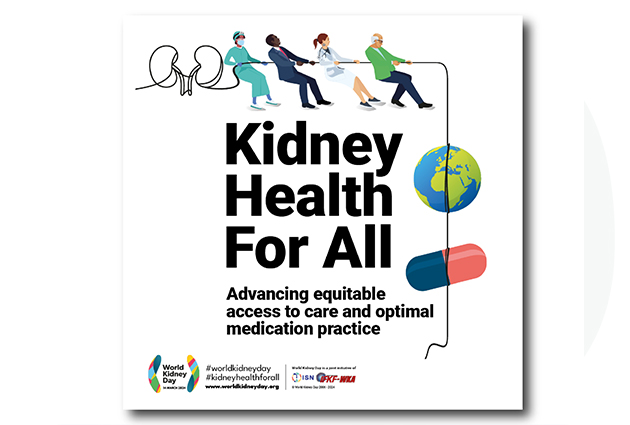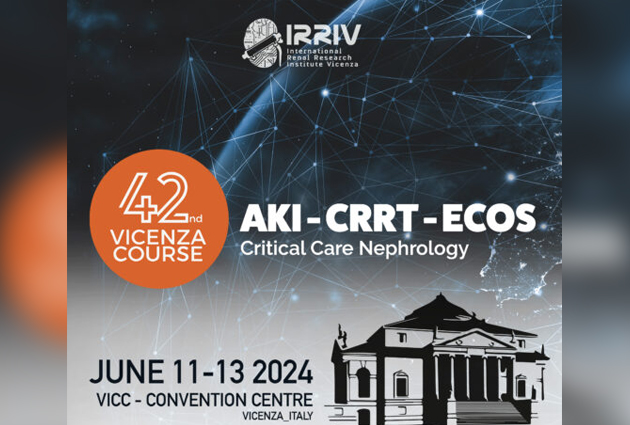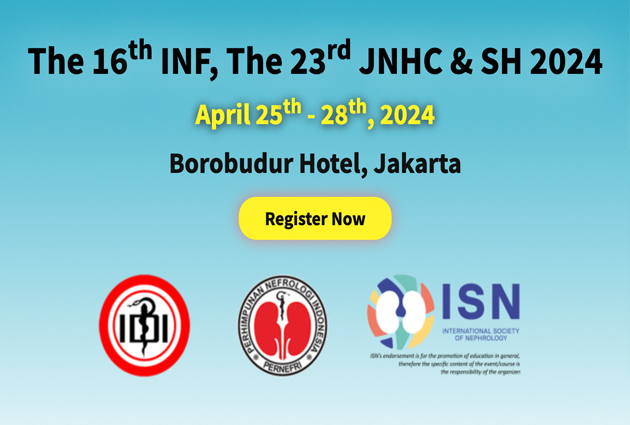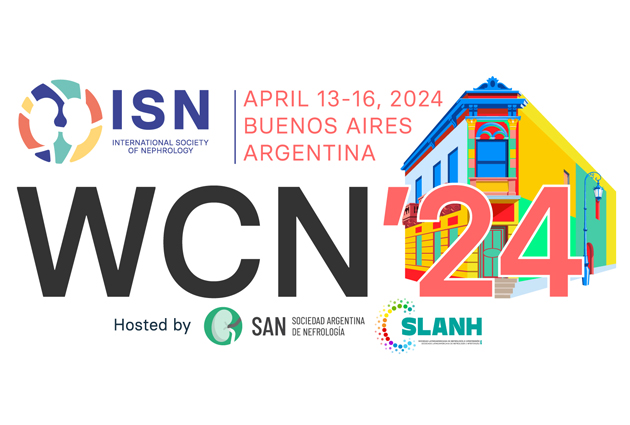Use of peritoneal dialysis in AKI under review in CJASN study
 The role of peritoneal dialysis (PD) to treat patients with acute kidney injury (AKI) is currently being re-examined. This has occurred for several reasons.
The role of peritoneal dialysis (PD) to treat patients with acute kidney injury (AKI) is currently being re-examined. This has occurred for several reasons.
First, the recent experiences from Brazil have indicated that PD provides outcomes that are comparable to those of daily hemodialysis (HD). Secondly, there has been an expanding use of PD to treat patients with AKI in low resource settings, where PD has certain major advantages over HD. Thirdly, PD has continued to be used in many countries with limited access to extracorporeal blood therapies and the results from these programs have been excellent. And, fourthly, there is increased attention being focused on the use of urgent start PD to treat patients requiring the immediate initiation of ESRD therapy.
The recently published review by Chang Yin Chionh et al in CJASN is, therefore, an important and timely article. Recent reviews on the overall treatment of AKI have focused on extracorporeal therapies – PD is not discussed as an option, reflecting the limited utilization of PD to treat AKI in the developed world. In fact, as Chionh points out in his meta-analysis, the data suggests that PD treatment provides outcomes as good as that provided by extra-corporeal therapies.
What remains unclear is the optimal “dose” of PD that is needed. This likely depends on the clinical status of the patient being treated – the severity of his/her illness, the cause of the AKI, and the hemodynamic stability of the patient. It is clear that further studies are needed to clarify the role of PD in the management of patients with AKI. The data that is available suggests that outcomes with PD are comparable to those with HD and that expanded utilization of PD to treat AKI is warranted. This is certainly true in the developing world, but is also likely true in the developed world.









